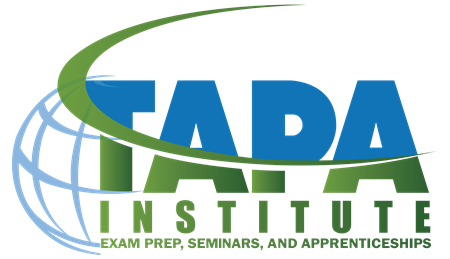Essential Skills Every CPA Needs for A Successful Career
The process of going through the CPA certification is a long road, but the resulting benefits are apparent. Depending on operational results to prepare figures, accounts, and offer strategic advice, CPAs are indispensable to businesses globally. However, for it to be recognized as one of the competencies needed to thrive in this challenging profession, some essential skills every CPA needs must be mastered by every CPA. These skills pave the way for success in the profession and the growth of a career, as well as ensuring the gainful trust of the clients.
1. Mastering Analytical Thinking
Analytical thinking is crucial since CPAs work with numerous statistics. The efficiency of generating conclusions based on financial statements is essential. An ability to analyze economic and financial parameters allows CPAs to give crucial advice that helps businesses make correct choices.
2. Accurate Measurement and Quality Work
Impeccable accuracy plays a central role in everything that is done in the accounting field. Even the simplest error is capable of causing a financial difference or endangering the organization’s compliance. This implies that a CPA needs to be very careful at all times he/she is working, whether preparing tax returns or auditing financial statements. Training materials contain guidelines to reduce failure rates and standardize performance in all organizational activities.
3. Advanced Communication Skills
An important skill nowadays is the ability to explain complicated aspects of finance to CPAs. The ability to report and consult in written and oral form construes enhanced trust that enables clients to make proper decisions. Networks are central to the profession and are based on good interpersonal and communication skills.
4. Proficiency in Technology
The accounting industry has slowly shifted towards relying on technology. In this regard, product knowledge involves having competency with Excel, QuickBooks, and other financial software that is used to track financial information. Similarly, it is imperative to be acquainted with the new data analysis and cybersecurity platforms.
5. Strong Ethical Judgment
The CPA profession is predicated on integrity. The general public and various organizations expect CPAs to conduct their business strictly by the code of ethics in order not to make fraudulent deductions and fake balances. Ethics should be given priority for the sustainability of the business in the long run. Prominent programs such as the ones spearheaded by Dr. Sabine Charles are useful in the pursuit of ethical conduct to ensure a sound professional practice.
6. Time Management and Organization
The interaction involves handling many projects, time-sensitive issues, clients’ requirements, and more; therefore, time is of the essence. Working professionals are required to be very organized, manage their time wisely, and work under time constraints while at the same time ensuring quality work is being delivered. An organized work capacity is crucial for managing elaborate paper and computerized financial documents and returns.
7. Stress Management and Resilience
It will be important to understand that the CPA profession can be very rigorous at certain periods of the year, for instance, during the filing of taxes or during the audit. It is therefore crucial in managing stress in order to maintain performance. Organizational capacity development and dealing with stress are also found to be vital for the CPAs in an effort to do their best during critical periods.
8. Continuous Learning and Adaptability
Principles of accounting, taxation legislation, and financial reporting requirements are dynamic. Certified public accountants should embrace the fact that they should always be ready to update their knowledge base on account of new policies and indicator trends. Professionals provide professional training to ensure CPAs do not become outdated or redundant in the job market.
How TAPA Institute Prepares Future CPAs
Becoming a CPA means going above and beyond passing exams alone. It incorporates the acquisition of complex skills that relate to analysis, technical skills, and interpersonal skills. Dr. Sabine Charles and TAPA Institute offer effective study materials, stress coaching, and CPA exam preparation courses for those aspiring to be certified public accountants.

